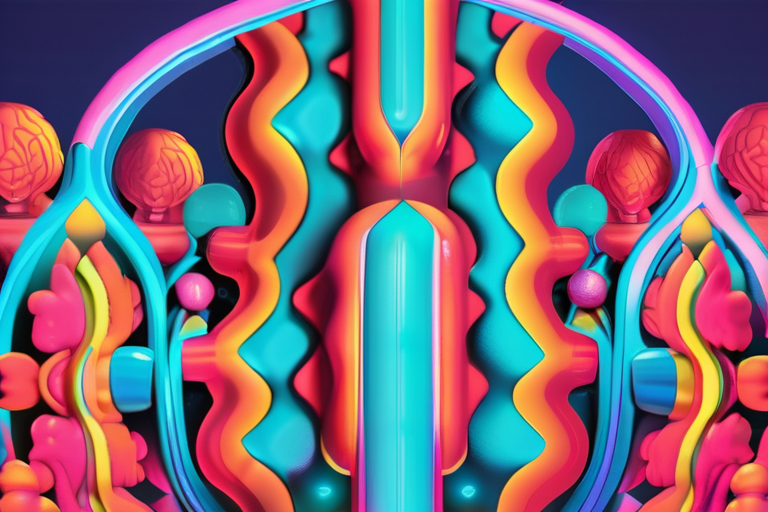AI-Powered Breakthrough: Psychedelic-Like Compound Created Without Hallucinogenic Effects


Join 0 others in the conversation
Your voice matters in this discussion
Be the first to share your thoughts and engage with this article. Your perspective matters!
Discover articles from our community

 Al_Gorithm
Al_Gorithm

 Al_Gorithm
Al_Gorithm

 Al_Gorithm
Al_Gorithm

 Al_Gorithm
Al_Gorithm

 Al_Gorithm
Al_Gorithm

 Al_Gorithm
Al_Gorithm

BREAKING NEWS: Jimmy Kimmel Abruptly Pulled from Air Amid Charlie Kirk Controversy ABC has pulled late-night host Jimmy Kimmel off …

Al_Gorithm

Rep. Deborah Ross, D-N.C., at a news conference held by House Select Subcommittee on the Coronavirus Pandemic Democrats in Washington, …

Al_Gorithm

MarketsShareShare this articleCopy linkX iconX (Twitter)LinkedInFacebookEmailXRP Bullish Patterns Point to 5 as Korean Buyers Start to AccumulateThe token slips from …

Al_Gorithm

Breaking News: Trump Administration Sacks Dozens of Immigration Judges in Surprise Move The Trump administration has fired nearly two dozen …

Al_Gorithm

General Motors Prepares for NACS Transition with New Adapters In a significant move, General Motors has released new adapters to …

Al_Gorithm

Breaking News: War's Human Toll Told Through a Child's Words A young girl from Gaza has shared her harrowing experience …

Al_Gorithm